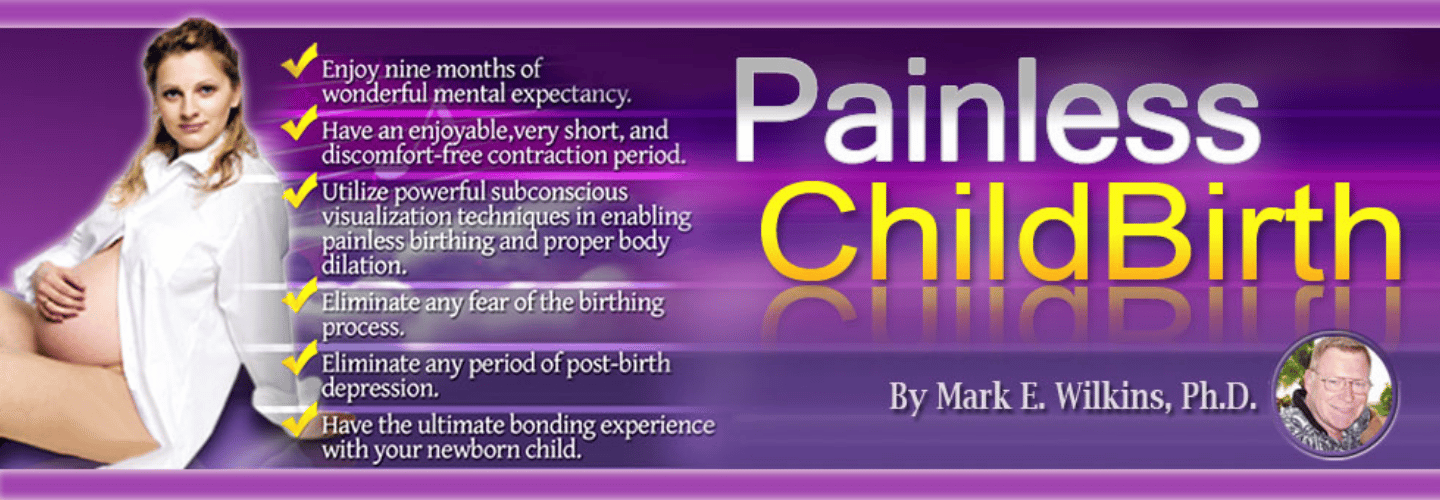In the domain of childbirth, the pursuit for pain management strategies has long been a focal point for expectant mothers. Hypnosis, often touted for its potential in offering a pain-free labor experience, stands out among the array of options available. But how does it truly measure up when compared to traditional pain relief methods or supportive counseling? Revealing the nuances of these comparisons might just reshape the narrative around pain-free childbirth, shedding light on a path less traveled yet remarkably effective.
Effectiveness of Hypnosis in Pain Management
Hypnosis has shown promising results in reducing the need for pain relief medication during childbirth, offering a potential alternative for managing labor pain effectively. Women who incorporate hypnosis for pain management during pregnancy and childbirth are less likely to rely on pharmacological pain relief methods.
While studies indicate that hypnosis may not have a substantial impact on satisfaction with pain relief or coping outcomes, it has been beneficial in reducing anxiety, fear, and muscular tension during labor. This alternative method can enhance mood and provide a greater sense of control for women going through the intense experience of labor and childbirth.
Research suggests that hypnosis interventions do not show notable differences in primary outcomes when compared to standard care or relaxation training, but they do offer unique advantages in reducing the reliance on pharmacological analgesia. Overall, hypnosis presents a compelling option for women seeking to manage labor pain and anxiety effectively during the childbirth process.
Comparison of Pain Medication Usage
Comparing the use of pain medication between women who utilized hypnosis for pain management during childbirth and those who did not reveals significant differences in analgesia consumption rates. Research indicates that women in the hypnosis group were less likely to use pharmacological pain relief medication compared to control groups.
Studies have shown a marked reduction in overall analgesia use during labor with the implementation of hypnosis interventions. Of note, there was no discernible variance in epidural use between women who used hypnosis for pain management and those who did not.
Although hypnosis did not directly affect satisfaction with pain relief or coping with labor when compared to control conditions, it did lead to fewer women using pain relief medication overall. This highlights the potential of hypnosis as a valuable non-pharmacological pain management option during childbirth.
The findings from various randomized controlled trials shed light on women's satisfaction with pain relief, suggesting that hypnosis may offer an alternative approach to alleviating pain during labor.
Impact on Hospital Stay Duration

The duration of hospital stays following childbirth demonstrated a noticeable reduction among women who underwent hypnosis interventions for pain management. Research indicated that women in the hypnosis group had shorter hospital stays post-delivery compared to those who received other interventions.
A lower percentage of women who underwent hypnosis stayed in the hospital for more than two days, highlighting the potential benefits of hypnosis for pain-free childbirth. The impact of hypnosis intervention during labor on hospital stay duration was significant, with findings suggesting a correlation between hypnosis and reduced hospitalization durations after childbirth.
These results point towards the positive influence of hypnosis on minimizing the length of hospital stays following childbirth. Overall, the use of hypnosis during childbirth appears to have a favorable effect on the post-delivery hospital stay duration, offering a promising option for women seeking a more efficient and potentially shorter hospital stay experience.
Hypnosis Vs. Supportive Counseling
In the domain of pain management during childbirth, the efficacy of hypnosis stands on par with supportive counseling, presenting a nuanced comparison in their approaches.
In a randomised controlled study comparing hypnosis and supportive counseling as interventions for pain relief in labour, the primary outcomes revealed that women in the hypnosis group were less likely to use pharmacological analgesia compared to those receiving supportive counseling. However, there were no notable differences in satisfaction with pain relief or coping with labour between the two groups.
Surprisingly, fewer women in the hypnosis group stayed in the hospital for more than two days post-childbirth compared to the supportive counseling group.
While both approaches showed comparable effects on pain management during labour, the childbirth experience and the use of pain relief methods did not significantly differ between the hypnosis and supportive counseling groups. Overall, the study suggests that hypnosis and supportive counseling offer similar benefits in managing pain during childbirth.
Secondary Outcomes Analysis

Secondary outcomes analysis revealed additional insights regarding the benefits of hypnosis for pain management during childbirth.
In randomized controlled trials and systematic reviews, it was found that women who received hypnosis for pain relief during labor were less likely to resort to pharmacological interventions compared to those who received supportive counseling. Although there were no significant differences in secondary outcomes like satisfaction with pain relief, coping with labour, and epidural use between the hypnosis and control groups, fewer women in the hypnosis group required pain relief medication during labor, indicating a potential benefit in reducing the need for pharmacological interventions.
However, hypnosis did not show clear advantages over standard care or relaxation training with regard to secondary outcomes related to pain management during childbirth. Surprisingly, the use of hypnosis for pain relief did not lead to prolonged hospital stays, with fewer women in the hypnosis group staying in the hospital for more than two days compared to controls.
This suggests that hypnosis may offer a promising alternative for managing labor pain and promoting spontaneous vaginal birth.
Frequently Asked Questions
What Can Be Compared to the Pain of Giving Birth?
Pain of childbirth can be compared to varying levels of pain tolerance, emotional support, coping mechanisms, and the mind-body connection.
Labor experience involves managing fear, stress, and pain through relaxation techniques, mental preparation, and stress relief strategies.
Understanding the complexities of childbirth pain necessitates a holistic approach that encompasses emotional, mental, and physical aspects, emphasizing the importance of effective pain management and support during the birthing process.
What Is the Most Painless Birth Method?
When considering painless childbirth methods, various options are available to mothers. These include water births, epidurals, natural births, breathing techniques, acupuncture benefits, massage therapy, TENS machines, doula support, mind-body connection, and visualization techniques.
Each method offers unique benefits in pain management during labor, with some focusing on relaxation, pain relief, or emotional support. Choosing the most painless birth method often depends on individual preferences and medical considerations.
What Is the Hypnosis Method of Childbirth?
Hypnosis methods for childbirth encompass a range of techniques aimed at preparing mothers for labor and managing pain. These methods involve utilizing hypnotic suggestions, breathing exercises, and positive affirmations to foster relaxation, focus, and pain management during labor.
What Are the Effects of Hypnosis in Regard to Childbirth?
Hypnosis offers significant benefits for pain management during childbirth, tapping into the mind-body connection to reduce fear and anxiety. Through relaxation techniques, positive affirmations, and an empowering mindset, hypnosis promotes a natural childbirth experience.
Self-hypnosis fosters emotional support and enables women to release fear, enhancing their ability to cope with labor. This holistic approach to pain management shows promise in improving the childbirth experience.
Conclusion
To sum up, hypnosis for pain-free childbirth proves to be a powerful tool in reducing the need for pain relief medication, decreasing anxiety and fear, and enhancing overall mood and sense of control during labor.
This non-pharmacological method offers similar benefits to supportive counseling, making it a valuable option for managing pain during childbirth.
With the potential to shorten hospital stays and decrease reliance on analgesia, hypnosis stands out as a remarkable choice for pain management in labor.




